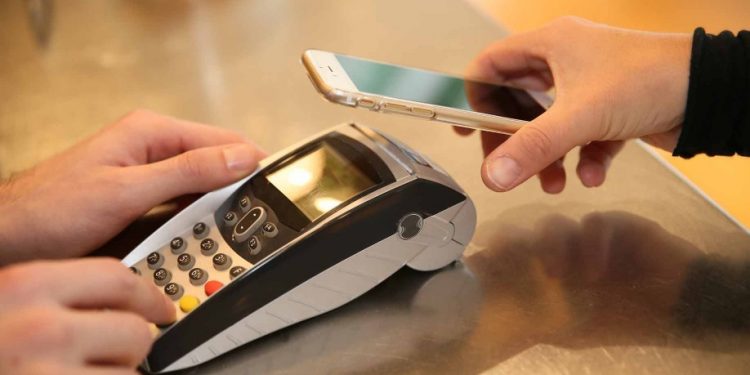Korea pushed its residents towards payment cards for more than a decade. Financial inclusion is at the top of the order with more than 95% of its residents having a financial account. Three-quarters of the country use debit cards and more than half own credit cards.
The country rebounded after the Asian financial crisis nearly two decades ago. Infrastructure and government support is robust. One of the reasons government supported the propagation of electronic payments is to bring more businesses onto the tax rolls.
Today’s read talks about Korea’s new play for a low-cost payment acceptance alternative to the branded networks. BC Card, a domestic payment plan, already operates in the market. The Korean Times reports.
- More than 62,000 stores will join the Seoul Metropolitan Government’s move to implement “Zero Pay,” a QR code-based transaction platform that is aimed at reducing the financial burden on small businesses that pay transaction fees to credit card companies.
- Seoul City signed an agreement with 26 franchise companies, two regional governments ― Busan City and South Gyeongsang Province ― and the Ministry of SMEs and Startups, Monday, to cooperate on expanding the payment system, so more consumers can utilize it and more stores can cut out transaction fees.
The beauty of a QR-based acceptance system is that swipes and EMV inserts are not required. Merchants and consumers transact cell phone to cell phone. It comes in handy if you are a fisherman selling product in a remote location, or a small merchant that does not want the telephony infrastructure required with a terminal. Also, it is inexpensive.
- The platform charges little to no transaction fee ― up to 0.5 percent, according to the size of the store’s sales ― and no transfer fee is given to the banks.
- This is much lower than credit card transaction fees, which range from 1.4 percent to 1.9 percent.
Samsung Pay, another Korean innovation that uses Host Code Emulation (HCE) at the point of sale, has global implications. Seoul Pay, known locally as Zero Pay, is a merchant side solution and specifically targets small businesses. The new product is reminiscent of Interac in Canada, a debit network owned by several top banks, though Zero Pay does not appear capable of ATM Acess.
However, for now, this Zero Pay has the opportunity for a wide range of card acceptance points, using low-cost QR code technology. It will operate outside the bounds of branded network payment cards and is something to watch as we move towards the next decade.









